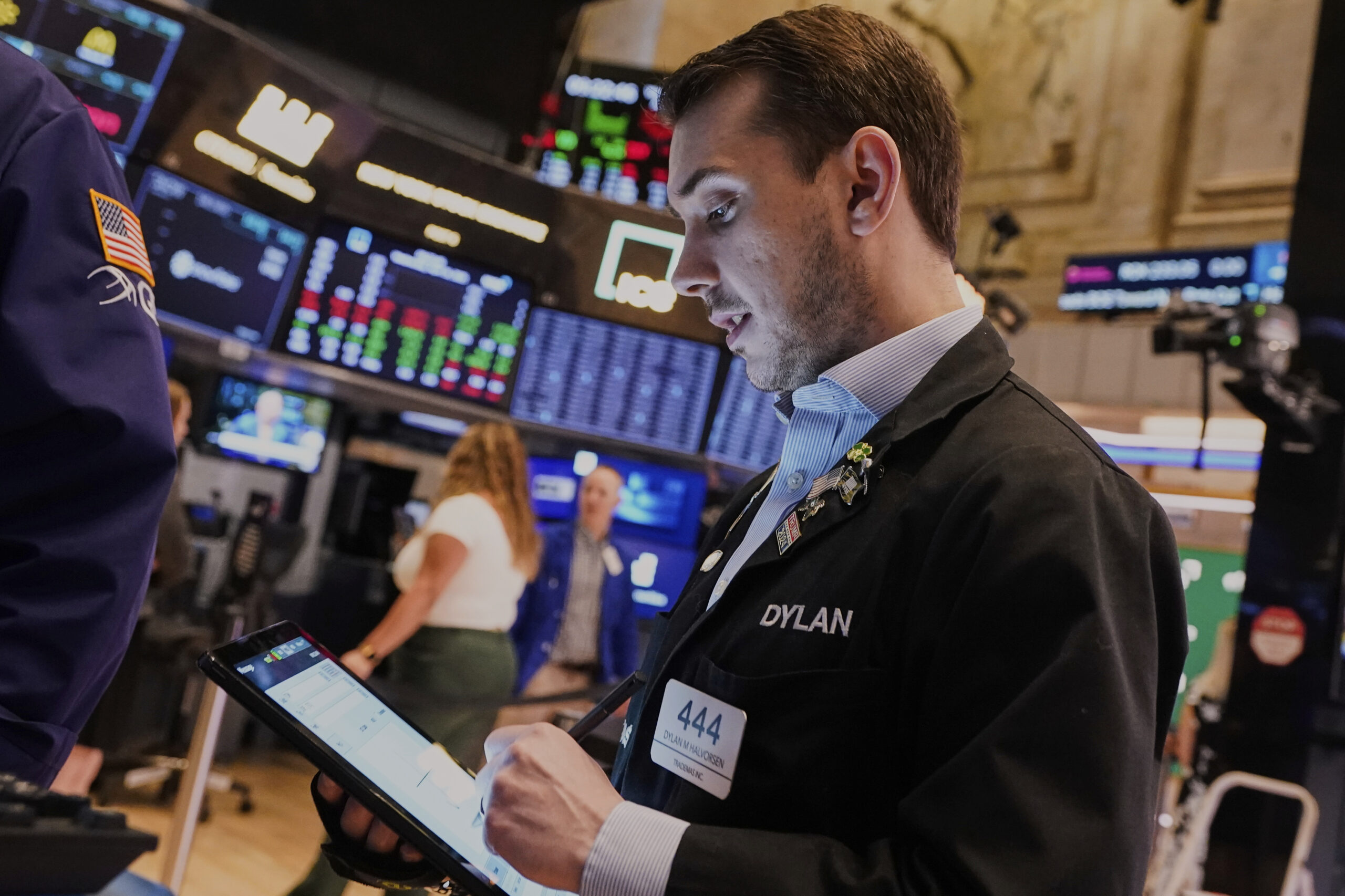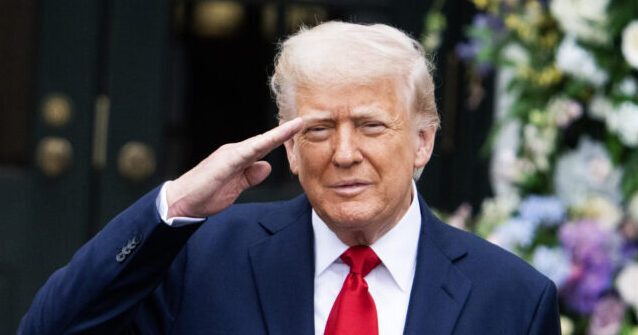Slight Dip in Inflation: What It Means for Interest Rates and the Economy
Inflation decreased to 2.3% in March, but Federal Reserve officials are not expected to lower interest rates anytime soon.
Subscribe to unlock this story
We really don't like cutting you off, but you've reached your monthly limit. At just $5/month, subscriptions are how we keep this project going. Start your free 7-day trial today!
Get StartedHave an account? Sign in
Overview
March saw inflation cool to 2.3%, providing a degree of relief as the economy's GDP contracted by 0.3%. Despite the drop, experts predict the Federal Reserve will maintain current interest rates due to ongoing economic concerns, including tariff impacts and consumer behavior. Consumer spending rose solidly, with strong vehicle purchases, although economists caution against interpreting this as a definitive economic turnaround amidst fears of stagflation. The latest data raises questions about monetary policy as President Trump's administration navigates economic challenges stemming from tariffs and shifting consumer demands.
Report issue

Read both sides in 5 minutes each day
Analysis
- Inflation remains a concern but has shown signs of cooling, as indicated by the latest PCE data, which suggests that interest rates are likely to remain unchanged despite ongoing economic pressures.
- Recent economic reports show a contraction in GDP, attributed to factors such as tariff-induced panic buying and a downturn in consumer spending, raising concerns about the overall health of the economy.
- The Federal Reserve is facing pressure regarding interest rate decisions amidst stabilizing inflation but must balance this with the potential impacts of tariffs and political developments.
Articles (7)
Center (1)
FAQ
The actual inflation rate in March was 2.4%, down from 2.8% in February. This represents a slight dip in inflation, largely due to lower energy prices and travel costs[2][3][5].
History
- This story does not have any previous versions.





